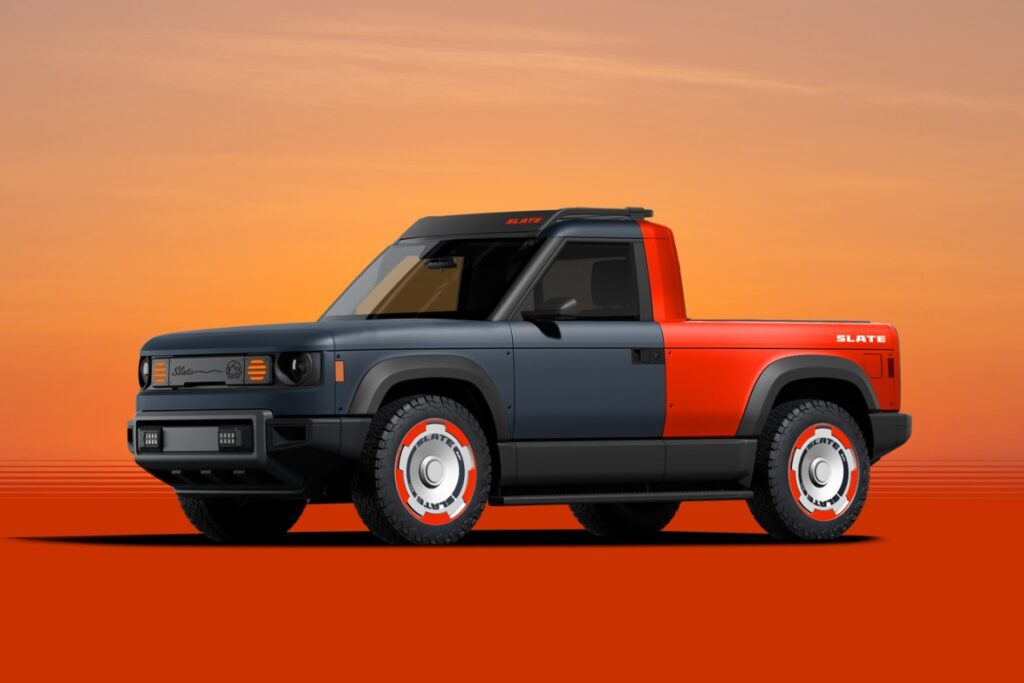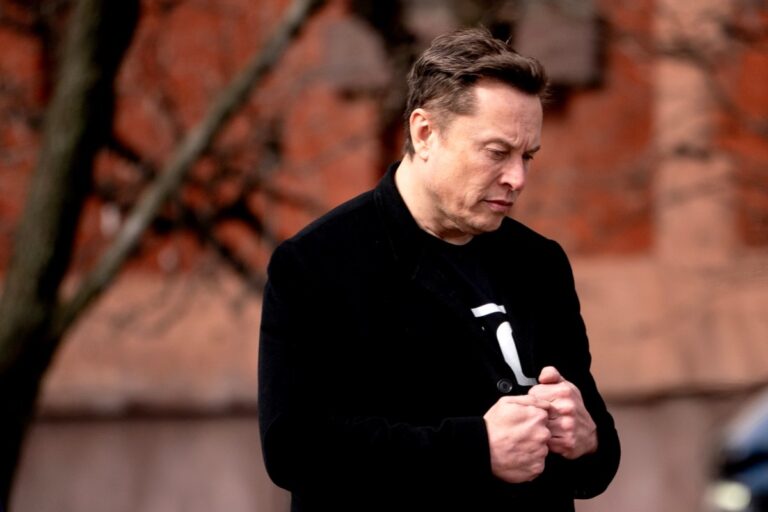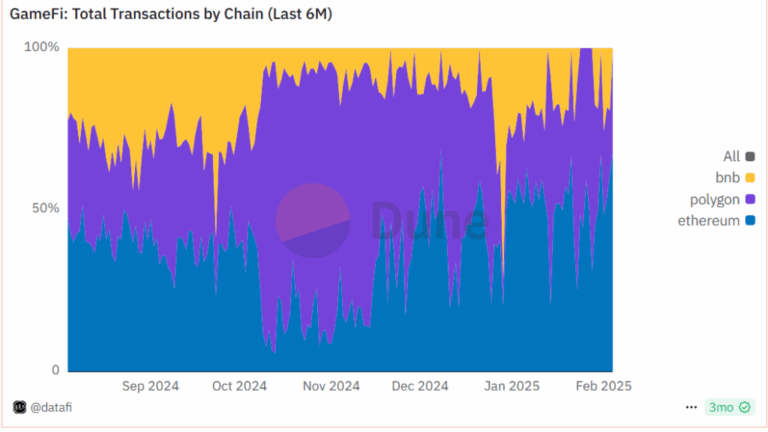
Welcome back to TechCrunch Mobility — your central hub for news and insights on the future of transportation. Sign up here for free — just click TechCrunch Mobility!
Busy week, so let’s get to it. Starting with federal regulations! Woohoo. Exciting stuff.
I’m talking about the U.S. Department of Transportation’s new Automated Vehicle Framework, which includes a standing general order (SGO) on crash reporting for vehicles equipped with certain advanced driver-assistance systems and automated driving systems. There were also some changes to the Automated Vehicle Exemption Program (AVEP).
Briefly, the AVEP handles language and processes of domestic and imported vehicles receiving exemptions. I want to spend a bit more time on the SGO, which has more significant changes. The Trump administration says it streamlines the process; others, like Consumer Reports, disagree.
The SGO ends a 24-hour reporting requirement and instead allows companies five days to submit a report if a vehicle with a Level 2 system is involved in a crash. As Consumer Reports notes, the new order also changes reporting requirements for when a vehicle with Level 2 driving automation has been towed away after a crash.
In the past, any vehicle with a Level 2 or above advanced driver-assistance system involved in a crash that DID NOT involve a fatality or hitting a vulnerable road user like a pedestrian or cyclist still had to report it within five days. Now the rule will only apply to vehicles with ADS (automated driving systems), which cuts out the bulk of vehicles on the road today.
That means if a Tesla that has Autopilot engaged (or a GM vehicle with Super Cruise or Ford with its BlueCruise system on) crashes and must be towed, it doesn’t need to report that to the feds as long as the incident did not involve a fatality, an individual being transported to a hospital for medical treatment, a pedestrian or other vulnerable road user being struck, or an air bag deployment.
Reporting is still required for any vehicle with Level 2 ADAS (like Tesla Autopilot) or ADS that is in a crash in which there is a fatality, an air bag is deployed, a person is transported to the hospital, or a vulnerable road user is hit.
During an interview at a Semafor event, DOT Secretary Sean Duffy seems to give a nod to those rules (although he says “autonomous” and not “ADAS”) when he said, “What we want to do is be able to get good data, but if there’s a scraping of paint off of an autonomous vehicle, the reporting requirements became very laborious and challenging, and it slowed the process down.”
Think I got this wrong? Reach out.
OK, on to the rest.
A little bird

Slate, the Bezos-backed EV startup, broke cover at an event in Long Beach, California. Many of the details that senior reporter Sean O’Kane reported in his initial scoop were finally presented to the public.
Earlier in the week, we published some other insider details thanks to some little birds that describe how leaders have internally described the Slate EV as a “transformer” — as in the animated “more than meets the eye” series. Turns out, that is exactly what the company is pitching to customers.
Got a tip for us? Email Kirsten Korosec at [email protected] or my Signal at kkorosec.07, Sean O’Kane at [email protected], or Rebecca Bellan at [email protected]. Or check out these instructions to learn how to contact us.
Deals!

Ather Energy, the Indian startup manufacturing electric two-wheelers, cut the size of its initial public offer by 18% to 26.26 billion Indian rupees ($308.3 million).
DoorDash wants to buy Deliveroo for $3.6 billion, Axios reported.
Electra, the hybrid electric aircraft startup, raised $115 million in a Series B round led by Prysm Capital. Jay Park, co-founder and managing partner at Prysm, has joined Electra’s board of directors.
Fora, a travel agent startup based in New York, raised $60 million across Series B and C rounds. Josh Kushner’s Thrive co-led the $40 million Series C round.
The venture arm of United Airlines has invested an undisclosed amount in JetZero, a startup developing a blended wing body design.
Notable reads and other tidbits

Autonomous vehicles
Alphabet CEO Sundar Pichai received some attention for remarks during the company’s earnings call about its self-driving vehicle unit Waymo. In response to a question, he said, as part of a longer answer, “There’s future optionality around personal ownership as well.”
Waymo has talked vaguely about licensing its tech (presumably to automakers) before, so I wouldn’t read too much into this. But it’s certainly notable that Pichai said it in an earnings call.
Tesla has started testing its autonomous ride-hail service with employees in Austin and the Bay Area ahead of the company’s planned robotaxi launch this summer.
Volkswagen of America and Uber plan to launch a commercial robotaxi service — using autonomous electric VW ID. BUZZ vehicles — in multiple U.S. cities over the next decade.
The companies expect to launch a commercial service in Los Angeles by late 2026, although it will initially include human safety drivers. The news brought me back to 2017-18 — an era of partnership announcements, many of which never materialized. VW has a lot of work to do before it launches commercially, including gaining even the most basic testing permit.
Electric vehicles, charging, & batteries
Aidan Gomez, the co-founder and CEO of generative AI startup Cohere, joined Rivian’s board. I don’t want to read too deeply into the appointment, but it does signal Rivian’s interest in applying AI to its own venture while positioning itself as a software leader — and even provider — within the automotive industry.
Faraday Future somehow still exists and its board has appointed founder Jia Yueting as the company’s co-CEO, three years after he was sidelined following an internal probe into allegations of fraud. Side note: A Securities and Exchange Commission investigation remains ongoing.
Tesla earnings supported a hypothesis I’ve had cooking in my brain for a while now. The company exists in contradictory realities. In one, Tesla’s profits are down 71% YoY, automotive revenues continue to fall, and its energy business is exposed to the U.S.-China trade war. In the other, Tesla is really an AI company that finally has the attention of its CEO Elon Musk and is on the cusp of launching an autonomous vehicle ride-hailing service and a cheaper EV — although it has yet to do either.
Investors grabbed on to the Tesla-is-an-innovator reality with both hands and they really don’t want to let go — even if the reality is that anti-Musk sentiment is affecting the brand and is even an official risk in its regulatory filing. Musk’s comments about allocating more time to Tesla and less at DOGE helped push them there. If you want to catch up on all the nuggets in the earnings report and call, scroll through our Tesla earnings wrap-up.
Ride-hailing
The Federal Trade Commission filed a lawsuit against Uber, alleging the company charged customers for its Uber One subscription service without their consent.
What is Lyft’s loss is Uber’s gain. Delta SkyMiles members in the United States can now start earning points when they ride with Uber or order delivery through Uber Eats as part of a recently announced exclusive partnership between the two companies. (Lyft had a partnership with Delta.)






